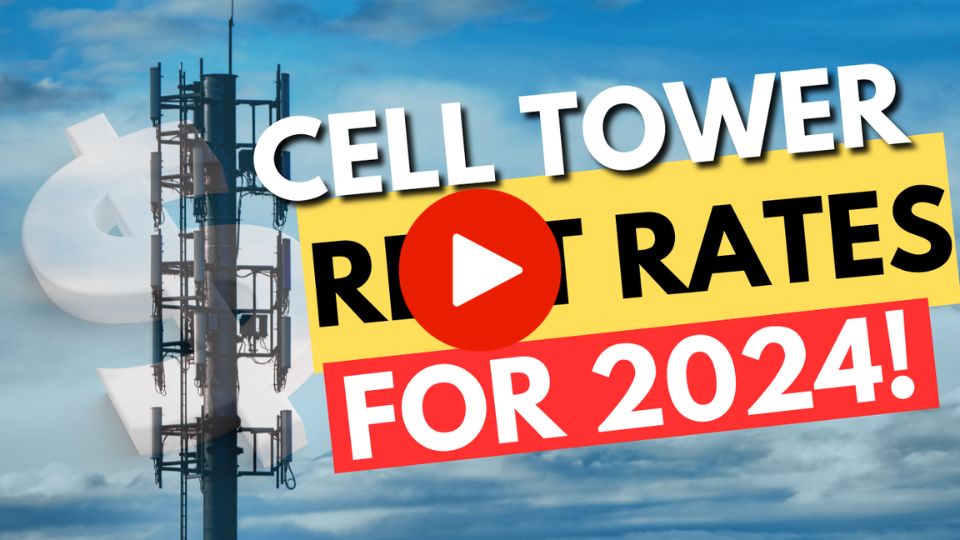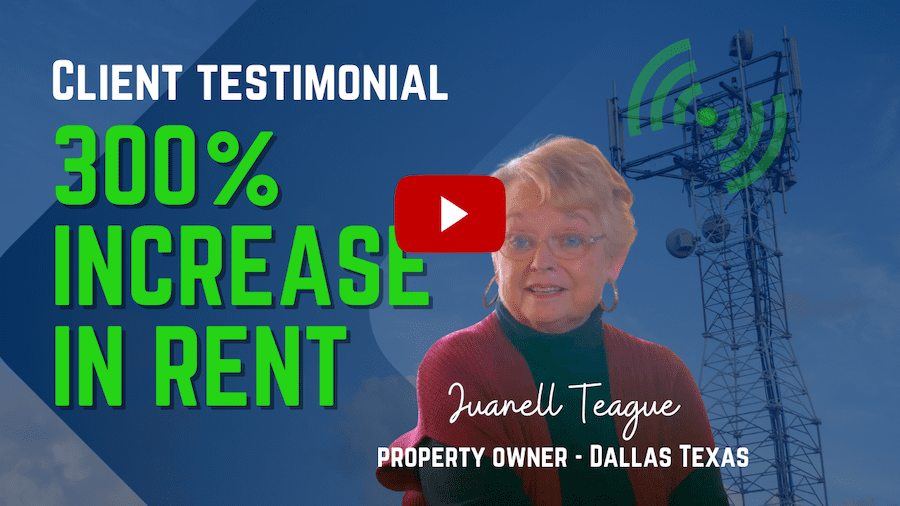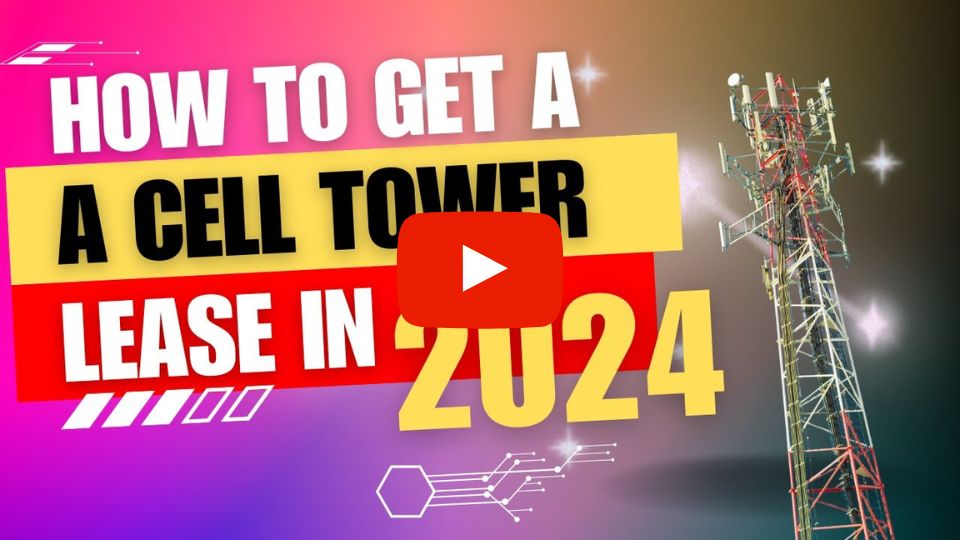
As 5G discussions ramp up, the need for more cell towers is undeniable; both small cell and the more traditional, larger towers are needed to support this new technology. Why? Because 5G uses high-frequency waves.
These waves support faster speeds but don’t travel as far as current wireless frequencies. Rather than rely on large towers spread further apart, cell companies are building “small cell” sites much closer together. Common homes for these cell towers include public buildings, churches, water towers, and schools.
Currently, there are parent groups across the country raising concerns about these towers. But are they truly a safety hazard?
The answer is far trickier than a simple yes or no. Safety concerns about cell towers have been around since towers first started popping up on property. While all safety concerns should be addressed and considered, these concerns may also be used to spread fear rather than facts.
Radiation
The primary concern for parents is regarding the radiation emission of these towers. Parents have heard that side effects such as dizziness, lack of focus, insomnia, etc are potential risks for exposure to high levels of radiation. While this is true, the American Cancer Society maintains that, “it is very unlikely that a person could be exposed to RF levels in excess of these limits just by being near a cell phone tower.”
In fact, they further state, “Levels of energy from RF waves near cell phone towers are not significantly different from the background levels of RF radiation in urban areas from other sources, such as radio and television broadcast stations.”
Of course, additional studies and testing will need to continue to ensure that cell towers do remain safe. Though for now, it appears that radiation need not be a source of worry.
Fall Zone
Another protest point for parents is the safety hazard of the structure itself. The “fall zone” of a cell tower is basically the area surrounding it equivalent to its height if it were to fall over. Though this is a highly unlikely scenario, it is imperative that cell tower providers adhere to strict compliance regarding proper installation codes and requirements.
The benefits of cell towers are still significant: many provide additional, much-needed income to municipalities, churches and schools. This revenue is often used for upgrades, improvements and projects that have been long overdue.
As more small cell towers go up, the pros and cons of having one in your neighborhood or playground should continue to be weighed. Studies looking into any potential risks to human and environmental health are on-going and have yet to show radiation or fall zones as a true source of concern.
Have you been approached about putting a cell tower on your property, or would like a free review of your cell tower lease offer? Contact us today for a free consultation.



